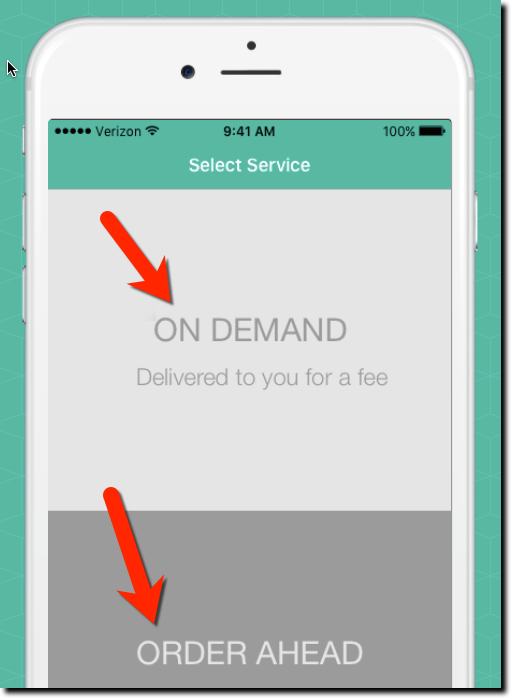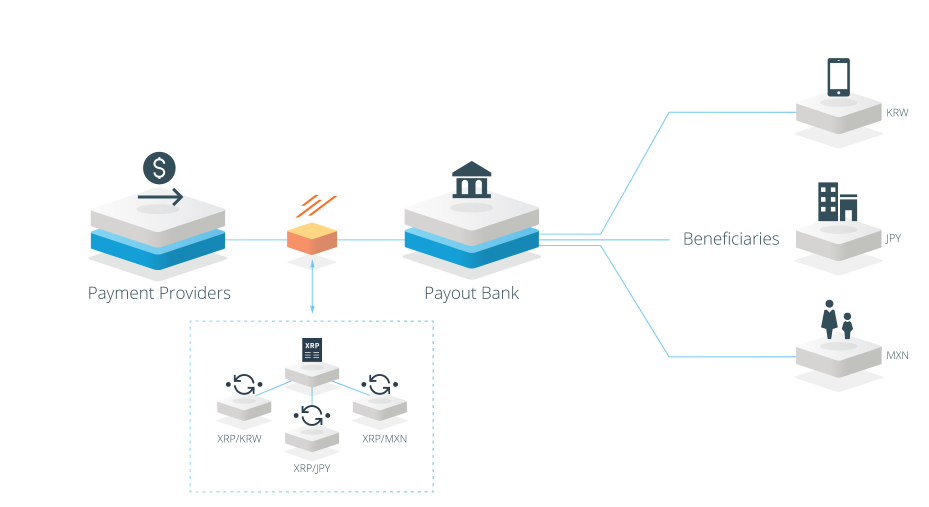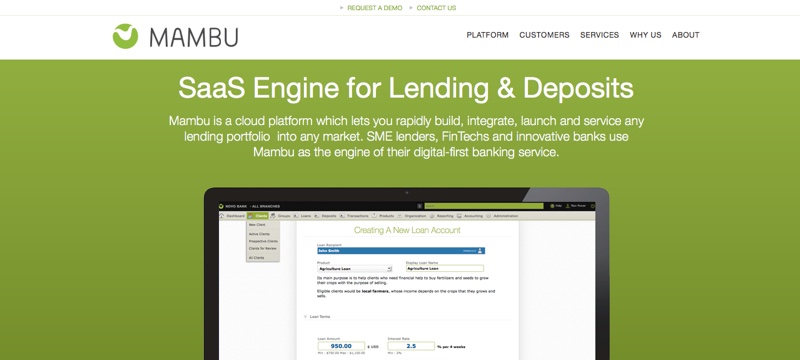
Image by Tamer Fahmy
As Finovate prepares for its first conference in the Middle East, here’s a round up of recent fintech news and need-to-knows from the MENA region. Learn more about how to join us in Dubai in February for FinovateMiddleEast.
- Abu Dhabi Global Market (ADGM) and Bahrain Economic Development Board (EDB) forge fintech cooperation agreement, the first of its kind for the MENA region.
- Batelco and Arab Financial Services launch new digital mobile wallet and payment solution, bWallet.
- Egyptian fintech Moneyfellows raises $600,000 in new funding in round led by Dubai Angel Investors and 500 Startups.
MENA Fintech Fact:
- Jordan’s Central Bank reports online payments through online bill payment service eFAWATEER.com increased by 5x in 2017, topping JD3.3 billion ($4.6 billion)
- Islamic bank Kuwait Finance House-Bahrian (KFH) organizes FinTech Training Program.
- Emirates NBD announces plans to introduce battery-powered smart payments cards developed by U.S.-based fintech Dynamics.
Thought Leadership – Writing about trends in global Islamic finance in Daily Fintech, Arunkumar Krishnakumar asks: “Would the digitization drive overcome a lack of standards?”
Although the Fintech Fever hit the West over the last few years, the uptake to digitization in the Islamic Finance world has been relatively slow. Over the last year or so, this trend has been changing, and 2018 is expected to be the year when Islamic Fintech players will start emerging across the world and not just in the Islamic countries.
- Ethereum-based blockchain venture studio ConsenSys opens office in Dubai Design District.
- Fintech News Middle East lists its 9 Fintech Startups in the Middle East to Watch in 2018.
- Worldpay teams up with payments provider iyzico to aide in expansion into Turkish market.













